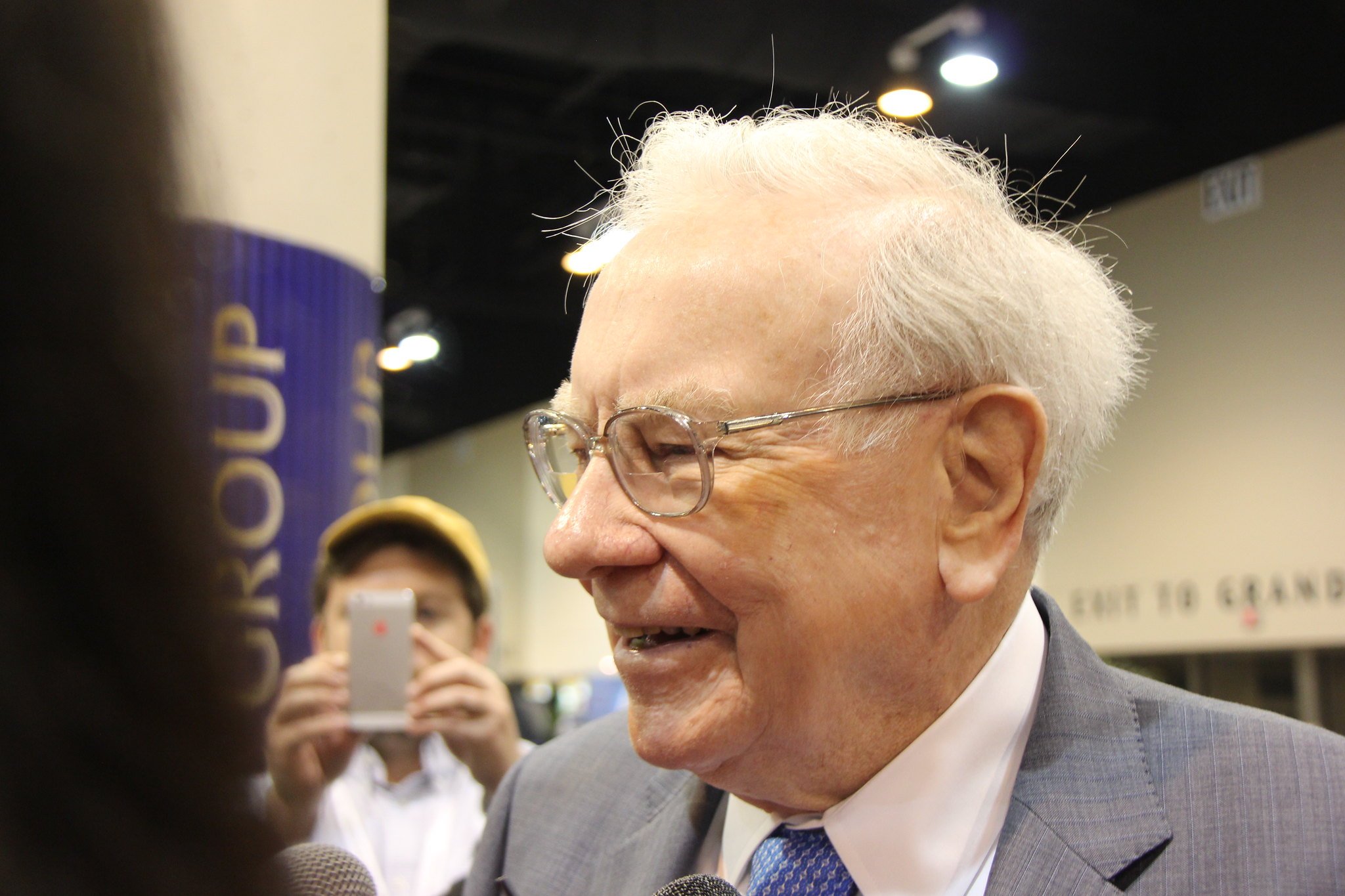The financial sector has been one of the worst-performing parts of the stock market so far in August, with recession fears and falling interest rates pressuring the banking industry. However, this short-term pain has created some bargains for patient long-term investors. With that in mind, here's why three Fool.com contributors think Bank of America (BAC +1.84%), Discover (DFS +0.00%), and Berkshire Hathaway (NYSE: BRK-A) (NYSE: BRK-B) are worth a closer look right now.
Warren Buffett is loading up on this bank stock -- maybe you should, too
Matt Frankel, CFP (Bank of America): Falling interest rates are generally bad for bank stocks. As rates fall, the interest margins banks earn from lending money tend to contract, leading to lower profits. Not surprisingly, recessions are also bad -- people are less willing and able to borrow money, and more folks struggle to pay their debts.

Image source: Bank of America.
Over the past few weeks, it's been a storm of negativity for banks. Interest rates have plunged and recession fears have grown.
Bank of America has been particularly hard-hit, down by more than 11% since the beginning of August. The stock now trades for just 2% more than its book value -- its lowest valuation (aside from a quick dip at the end of last year) since 2017.
Despite the cheap price tag, Bank of America's business is firing on all cylinders. Its return on equity (ROE) and return on assets (ROA) are the highest they've been since before the financial crisis. And Bank of America produced the best deposit and loan growth of the large U.S. banks during the second quarter by a wide margin.
Bank of America has quickly become a favorite of legendary investor Warren Buffett, with more than 10% of its outstanding shares in Berkshire Hathaway's portfolio. Plus, the bank is buying back its own stock at an aggressive pace -- the company's current one-year $30.9 billion buyback plan represents more than 12% of the total shares at the current price. Bank of America is already my largest bank stock investment, but if these prices persist, I may end up adding even more.
The credit card company that customers love
Matthew Cochrane (Discover Financial Services): Discover Financial is best known for its credit card, so it might be surprising for some investors to learn that the company also offers personal and student loans, as well as online banking services. In Q2, revenue rose to $2.85 billion, a 10% increase year over year, and earnings per share (EPS) grew to $2.32, a 26% jump over last year's second quarter. This strong top- and bottom-line growth was driven by healthy total loan growth, which rose 6% to $90.2 billion. The largest of Discover's lending categories -- credit cards -- also grew the fastest. The segment increased 7% to $72.4 billion, and now represents 80% of Discover's total loan portfolio.
One of the keys to Discover's success is its leading position in customer satisfaction. The company consistently scores high in loyalty and satisfaction. In Q2, it was again recognized by J.D. Power for customer satisfaction in the Credit Card Mobile App and Website category. In the company's earnings conference call, CEO Roger Hochschild acknowledged the award, saying, "This recognition highlights how our investments in technology and analytics have enabled us to deliver industry-leading customer value, while maintaining operating efficiency."
The stock has experienced an incredible 42% appreciation year to date, but with a P/E ratio still under 10, Discover might still have plenty of room left to run.
Look to Omaha
Dan Caplinger (Berkshire Hathaway): Despite the overall market having posted a big rally this year, financial stocks haven't fully participated, and even industry giants like Berkshire Hathaway have had to settle for lackluster returns. Yet for new investors, the fact that Warren Buffett's company has gotten left behind in 2019's bull market makes it that much more attractive for value investors looking for a bargain.
One key measure that Berkshire shareholders often look at is the ratio of the stock price to the company's book value. Historically, Buffett has believed that price-to-book levels of 1.1 to 1.2 indicated bargain opportunities, and more recently, the Oracle of Omaha suggested that even higher ratios would be appropriate.
Indeed, the company itself has bought Berkshire shares at current levels. In late 2018, the insurance giant made repurchases between $197 and $207 per Class B share, and subsequent repurchases have occurred at similar levels.
Given that book value has steadily risen despite the stock's malaise, the price-to-book ratio has come down, and Class B share prices around $200 work out to a ratio of around 1.28. That's not unprecedented, but it does present an opportunity that has tended to work out well in the past. That's why I'm suggesting now's the time to look more carefully at Berkshire Hathaway, and regardless of what the company itself does with buybacks, owning the stock at these levels is likely to be profitable for long-term investors.








